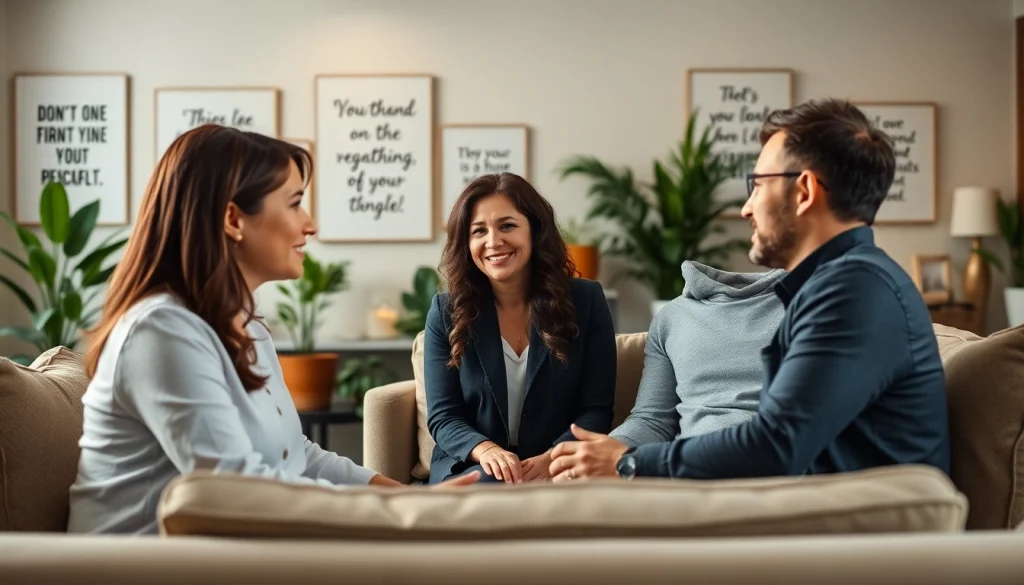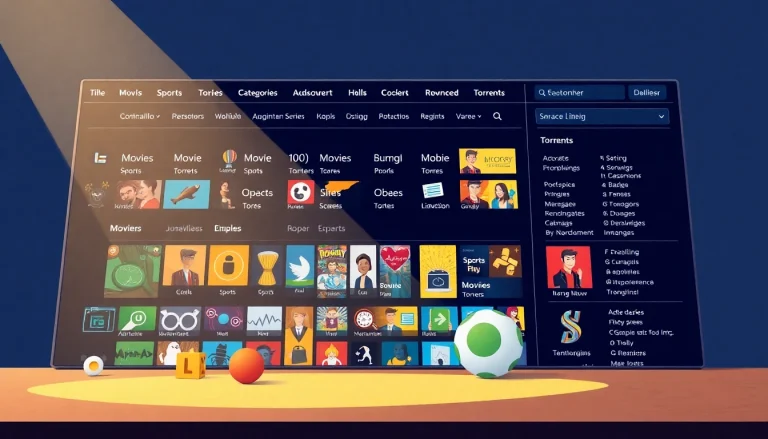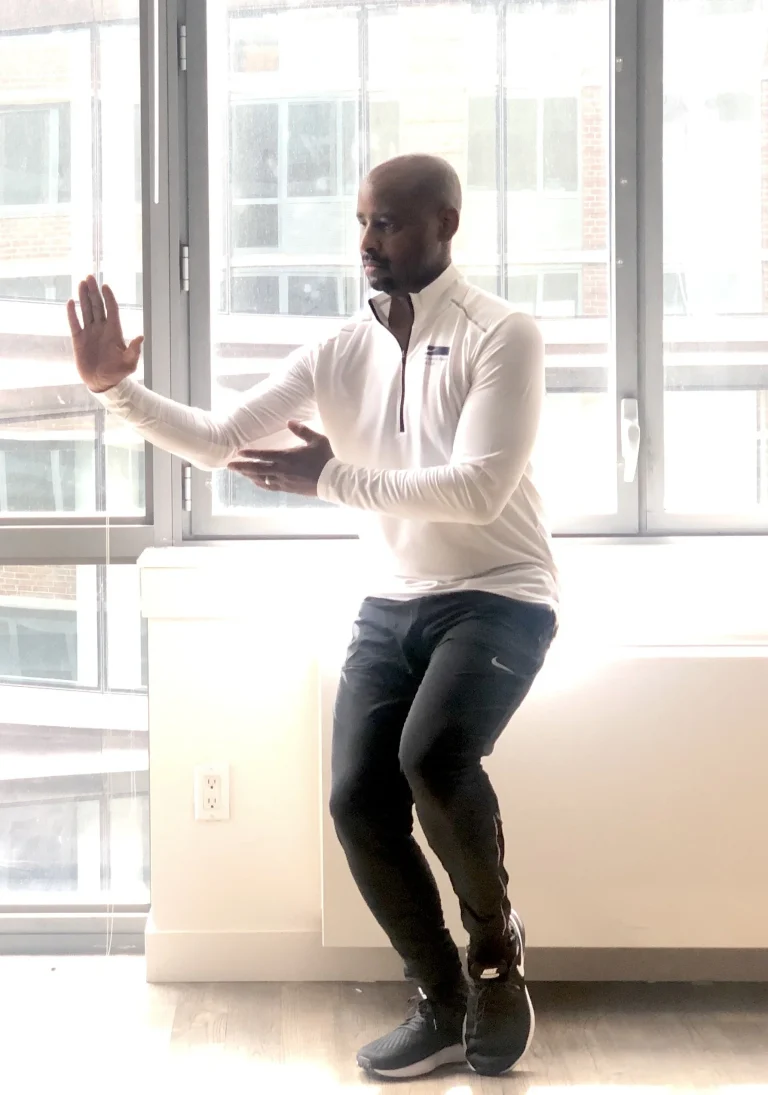
Understanding the Role of a Relationship Coach
A relationship coach serves as a guide and motivator for individuals and couples seeking to strengthen their emotional connections. This profession is often misunderstood; many people equate relationship coaches with therapists, but the two roles serve different purposes. While therapists often delve into the past to address unresolved issues, relationship coaches focus on present relationships and how to enhance communication, intimacy, and satisfaction. Their objective is to empower clients with the tools and strategies necessary to achieve relationship goals and foster personal development.
What is a Relationship Coach?
At its core, a relationship coach is a professional who offers guidance and support to individuals and couples. This can involve anything from improving communication skills and enhancing emotional connections to navigating through challenging phases of a relationship. Coaches adopt various methodologies to identify patterns in behavior that may be harmful and introduce evidence-based practices to foster healthier interactions.
Benefits of Working with a Relationship Coach
Engaging a relationship coach can yield numerous benefits, including:
- Enhanced Communication: Coaches teach clients how to articulate their feelings and needs effectively, which is crucial for any relationship.
- Conflict Resolution: They provide tools to address disagreements constructively, promoting healthy discussions instead of arguments.
- Improved Intimacy: Coaches help partners explore their emotional and physical connection, leading to greater intimacy and satisfaction.
- Goal Setting: A relationship coach aids in establishing achievable goals, be they individual or couple-oriented, fostering a clear pathway toward improvement.
- Accountability: Coaches encourage commitment and accountability, assisting clients in implementing change and assessing progress.
How to Choose the Right Relationship Coach
Selecting the right coach is vital for your success. Here are some key considerations:
- Credentials: Ensure your coach has the necessary qualifications and experience in relationship coaching.
- Specialization: Some coaches focus on specific areas, such as pre-marital counseling, divorce recovery, or LGBTQ+ relationships. Choose one whose expertise matches your needs.
- Coaching Style: Different coaches have varying styles. Some may adopt a more directive approach, while others may be more exploratory. Identify which style resonates with you.
- Testimonials: Reading reviews or testimonials can provide insights into a coach’s effectiveness and client satisfaction.
- Comfort Level: Your ability to connect and feel comfortable with a coach is paramount; personal chemistry can influence your coaching experience.
Common Challenges Addressed by a Relationship Coach
While every relationship is unique, certain challenges are common among couples. A relationship coach can assist in navigating these challenges effectively.
Communication Breakdowns
Poor communication often acts as a breeding ground for conflict. Coaches work with clients to improve listening skills, encourage openness, and formulate clear messaging techniques. Through role-playing and guided conversations, couples can practice honest and respectful exchanges, reducing misunderstandings and frustration.
Conflict Resolution Techniques
Disagreements are a natural part of any relationship, but it is how couples handle these conflicts that determines the health of the relationship. Coaches introduce methods such as the ‘“soft start-up,” which encourages couples to express their concerns without blame, promoting constructive dialogues instead of defensive reactions.
Building Trust and Intimacy
Trust is the cornerstone of any lasting relationship. Coaches help clients explore the root causes of mistrust, often stemming from past relationships or personal insecurities, and encourage practices that foster reliability and transparency. Enhancing intimate connections may involve discussing boundaries, sharing fears, and engaging in shared activities that build closeness.
Methodologies Used by a Relationship Coach
Numerous methodologies exist within the realm of relationship coaching, and each serves a purpose based on the client’s needs.
Cognitive Behavioral Techniques
This approach focuses on identifying and changing negative thought patterns. By understanding how thoughts influence feelings and behaviors, clients can develop healthier responses to triggers within their relationships. Coaches guide them to replace self-defeating thoughts with constructive beliefs that enhance relationship satisfaction.
The Gottman Method
Developed from decades of research by Dr. John Gottman, this method provides practical strategies to help couples deepen their connection. Techniques include enhancing emotional awareness, nurturing fondness and admiration, and developing shared goals. The method informs coaches on how to help couples maintain healthy relationships through tools like “love maps” to better understand each other’s worlds.
Solution-Focused Coaching
This methodology tilts towards future solutions rather than dwelling on past grievances. Coaches encourage clients to envision their ideal relationship and identify the steps necessary to achieve that vision. By reinforcing what works in the relationship, rather than focusing solely on problems, clients can feel more empowered and motivated.
How to Maximize Your Sessions with a Relationship Coach
To ensure that your time with a relationship coach is fruitful, consider these essential strategies:
Setting Clear Goals
Before sessions begin, it’s beneficial to outline specific goals. Whether aiming for improved communication skills or resolving specific conflicts, clear objectives provide direction for both you and your coach. An initial assessment of your current relationship dynamics and the changes you desire can facilitate targeted coaching plans.
Being Open and Honest
Transparency is vital for progress. Clients should feel encouraged to share their true feelings, fears, and conflicts without reservations. A willingness to be vulnerable allows coaches to accurately identify challenges and craft practical solutions with clients.
Tracking Progress Together
Keeping track of the improvements made during coaching sessions can be an uplifting experience. Coaches often provide tools or worksheets to document changes in communication patterns or emotional responses. Reviewing these progress markers in subsequent sessions can bolster motivation and commitment to the coaching process.
Real-Life Success Stories from a Relationship Coach
Many clients have benefited profoundly from their experiences with relationship coaching. Here are some illustrative success stories that showcase the impact of coaching.
Transformative Journeys
Clients report significant transformations following coaching sessions. For instance, a couple struggling with recurrent arguments about finances learned to establish a shared budget and host monthly financial discussions. This practice not only reduced the frequency of arguments but also fostered teamwork and trust.
Client Testimonials
Feedback from past clients can provide insight into the effectiveness of a coach. Many express how coaching has illuminated their relationship dynamics, improved understanding between partners, and resulted in a happier, more fulfilling partnership. Testimonials often highlight specific techniques that resonated with them and how those strategies led to meaningful changes.
Impactful Techniques that Work
Common techniques that clients found beneficial often include active listening exercises, role play for difficult conversations, and goal-setting workshops. Clients frequently report that incorporating these methods into their daily interactions significantly enhances their emotional connectivity and reduces conflict.






